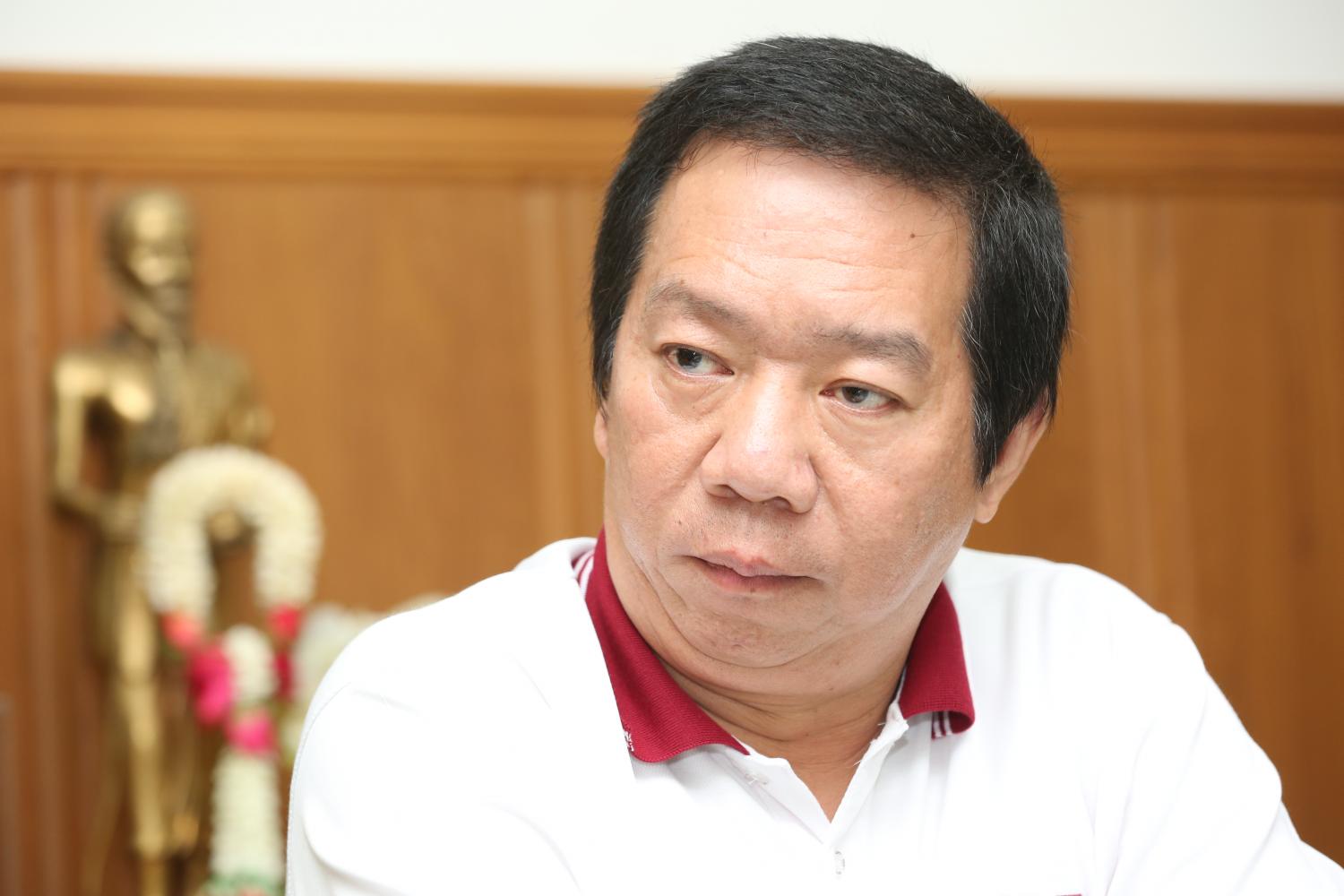
Despite the strong economic growth of Cambodia, Laos, Myanmar and Vietnam (CLMV), very few Thai companies have sought to capitalise on their economies, say government and industry officials.
The Industry Ministry's Department of Industry Promotion (DIP) found only a few large enterprises such as PTT Plc, the country's oil and gas conglomerate, and Siam Cement Group (SCG), the country's industrial conglomerate, have started expanding their business in the CLMV countries.
Very few Thai small and medium-sized enterprises (SMEs) have invested or expanded their businesses into the four countries, said Anong Paijitprapapon, the DIP's deputy director-general. The number of Thai SMEs investing in CLMV is so small the Office of Small and Medium Enterprises Promotion has no record of them.
Customs data shows Thai exports to all Asean countries accounts for around 25% of total exports. Trade value along Thailand's borders is worth 1.2 trillion baht and is expected to grow by 10% per year.
Mrs Anong said the GDP of the CLMV group averages 7-10% per year, well above Thai GDP growth of only around 2-3%, signalling that this cluster has rising purchasing power.
As a result, the Thai government is encouraging SMEs to invest more in the four countries to capitalise on their growing economies. The group has a combined 166 million people.
"Thai exports to the CLMV group remain very small. We exported goods and services worth 752 billion baht to the cluster in 2014, mostly to Myanmar and Cambodia," she said.
To encourage Thai SMEs, the DIP held a SME fair on Sept 7-8 to help create a business network and business matching for small businesses that already have business in CLMV to help the others get acclimated in the countries.
Mrs Anong said the most investment interest in the CLMV group came from Thai SMEs in the sectors of food processing, food packaging and machines.
"The Industry Ministry has 32 major projects with a total budget worth 850 million baht to support Thai SMEs investing abroad. The DIP alone has 20 projects to support SMEs investing and expanding their business in the CLMV group," she said.
Saw Han Aye, chairman of the Kayin State Chamber of Commerce and Industry, said Myanmar has strong potential to grow and offers several government investment privileges to attract foreign investors, especially Thais.
"Incentives include tax exemptions and low rental fees for up to 30 years in certain situations," he said.
Many Thai companies, especially SMEs, are reluctant to invest in the region group as they feel there are still several risks.
Vallop Vitanakorn, vice-chairman of the Federation of Thai Industries, said most Thai SMEs remain too small to bear the risks of overseas investment and require appropriate government support.
"What Thai SMEs need to enter the CLMV market is insightful information about doing business there. This means more than information about trade value, GDP or statistics about doing business there," Mr Vallop said.
He said major risks for Thai SMEs are differing laws and regulations about investment, labour, tax and investment infrastructure in the four countries.
Most Thai companies lack the capital to gain such in-depth information, especially regarding laws and regulations, as this requires hiring international law firms with high fees, said Mr Vallop.
Thai companies could use a comprehensive single command unit that provides information, updates and support to their subsidiaries in those countries, he said.
"We receive a lot of support from related government agencies, including the Board of Investment, the Commerce Ministry and the Industry Ministry. However, they all work separately. What we need is a single command unit like Jetro that lends support to all Japanese companies investing here in Thailand," said Mr Vallop, referring to the Japan External Trade Organization.
Jetro normally provides information on Thailand's trade and investment regulations as well as investment privileges to Japanese SMEs. The agency also expresses Japanese investment sentiment in Thailand to the Thai government via its annual business surveys and serves as a unified body to mention Japanese business concerns to the Thai government.


